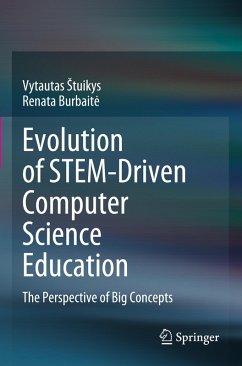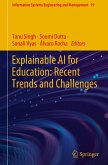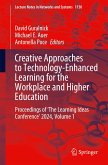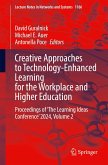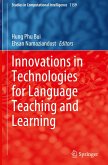The book discusses the evolution of STEM-driven Computer Science (CS) Education based on three categories of Big Concepts, Smart Education (Pedagogy), Technology (tools and adequate processes) and Content that relates to IoT, Data Science and AI.
For developing, designing, testing, delivering and assessing learning outcomes for K-12 students (9-12 classes), the multi-dimensional modelling methodology is at the centre. The methodology covers conceptual and feature-based modelling, prototyping, and virtual and physical modelling at the implementation and usage level. Chapters contain case studies to assist understanding and learning. The book contains multiple methodological and scientific innovations including models, frameworks and approaches to drive STEM-driven CS education evolution.
Educational strategists, educators, and researchers will find valuable material in this book to help them improve STEM-driven CS education strategies, curriculum development, and new ideas for research.
For developing, designing, testing, delivering and assessing learning outcomes for K-12 students (9-12 classes), the multi-dimensional modelling methodology is at the centre. The methodology covers conceptual and feature-based modelling, prototyping, and virtual and physical modelling at the implementation and usage level. Chapters contain case studies to assist understanding and learning. The book contains multiple methodological and scientific innovations including models, frameworks and approaches to drive STEM-driven CS education evolution.
Educational strategists, educators, and researchers will find valuable material in this book to help them improve STEM-driven CS education strategies, curriculum development, and new ideas for research.

